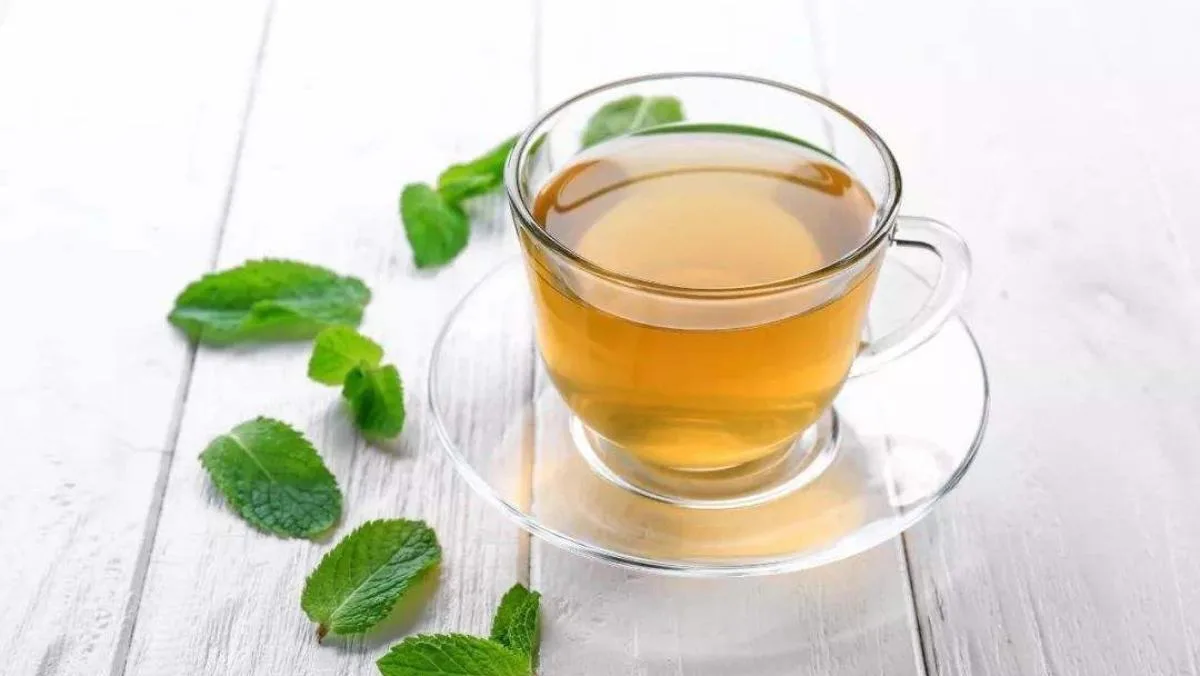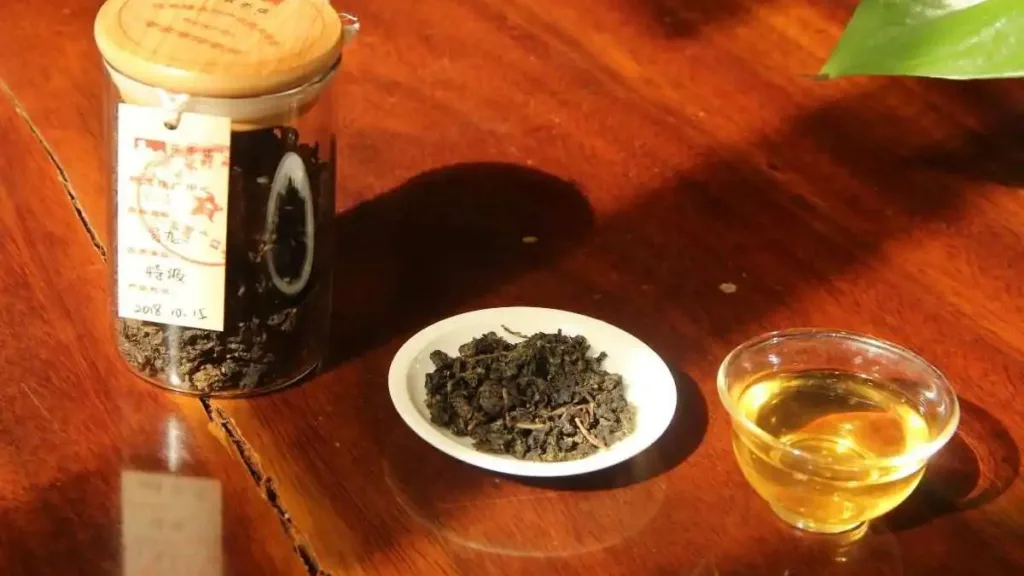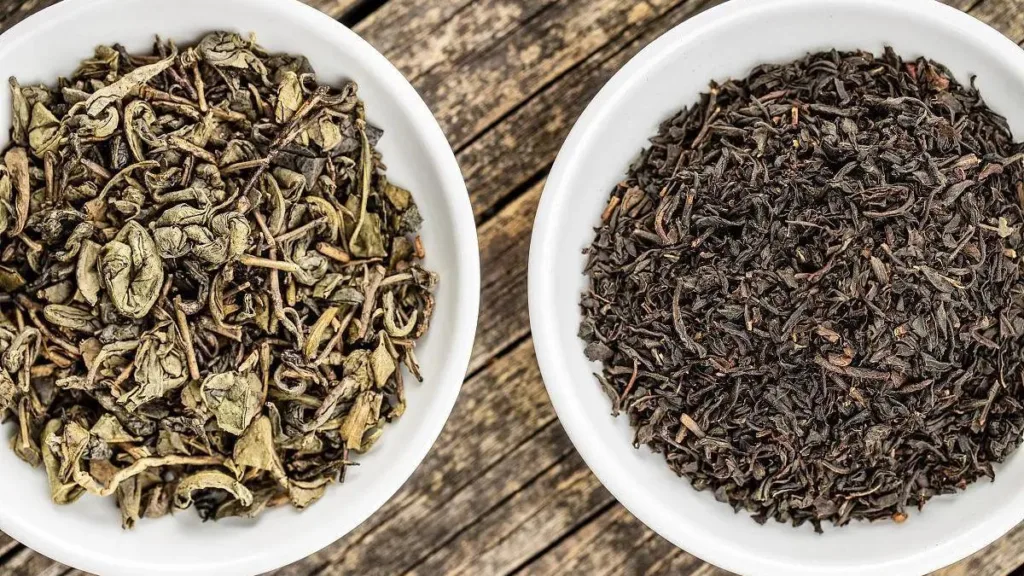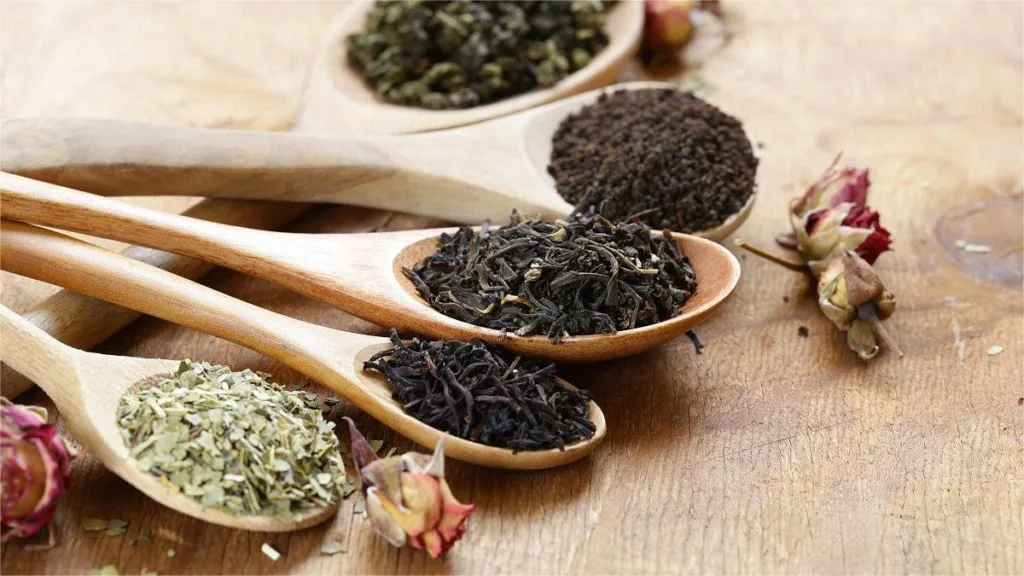In the summertime, many people prefer to let their tea cool down before drinking it. But can you add honey to cold Chinese tea? Yes, you can, but it’s not generally recommended.
When You Can Add Honey: In general, adding honey to cold tea doesn’t pose any significant conflicts, and it can be a way to sweeten and mellow the potentially bitter taste of cold tea. It won’t have any adverse health effects. In fact, honey added to cold tea can have the benefits of promoting digestive regularity and soothing a dry or scratchy throat. People with a tendency toward excessive internal heat or those who often experience a sensation of “heatiness” might consider adding honey to their cold tea.
However, it’s crucial to ensure the tea has cooled down to a warm temperature before adding honey. Using hot tea can potentially degrade some of honey’s beneficial compounds. It’s not recommended to mix honey with boiling water or expose it to high temperatures because this can damage the nutritional components. For the best results, use water that is at or below 40°C (104°F) to dilute honey before consumption.
Why You Shouldn’t Add Sugar: While honey can be a suitable sweetener for cold tea, the same doesn’t apply to sugar. Adding sugar changes the nature of cold tea. It’s essential to clarify what “凉茶” (liáng chá) means in this context. Traditional Chinese “凉茶” typically refers to medicinal herbal infusions rather than the cold bottled teas like Wang Lao Ji or Jia Duo Bao.
According to traditional Chinese medicine (TCM), adding sugar to herbal preparations can alter their properties. Any addition of sugar changes the characteristics of herbal remedies. Moreover, consuming sugary drinks, especially in the morning or before bedtime, can lead to the production of excess stomach acid and bloating. People with weak digestion, in particular, might experience discomfort. This applies even more to children who, due to their delicate digestive systems, are not suitable candidates for overly sweet or overly cold beverages.
When Not to Add Honey: It’s not advisable to add honey to cold tea when you are experiencing excessive internal heat or “fire” in your body. Cold tea, in itself, is considered a “cold” or cooling beverage, which might cause abdominal pain or diarrhea when combined with honey. In such cases, it’s recommended to seek remedies that clear heat and toxins from the body. You can consider taking herbs or medicines with heat-clearing and detoxifying properties, and you might also drink things like mung bean soup, which is known for its ability to clear heat and toxins. Drinking warm water, especially after consuming “liáng chá,” can help stimulate metabolism.
In summary, adding honey to cold Chinese tea can be a pleasant way to sweeten and modify the taste, particularly when the tea has cooled to a warm temperature. However, adding sugar is not recommended, especially in the context of traditional Chinese medicinal herbal teas, as it can change their therapeutic properties. In cases where you’re experiencing internal heat or digestive discomfort, it’s best to avoid adding honey to cold tea and opt for heat-clearing remedies and warm beverages to alleviate the symptoms. Remember, moderation is key when adding sweeteners to any beverage, and individual preferences and tolerances may vary.



